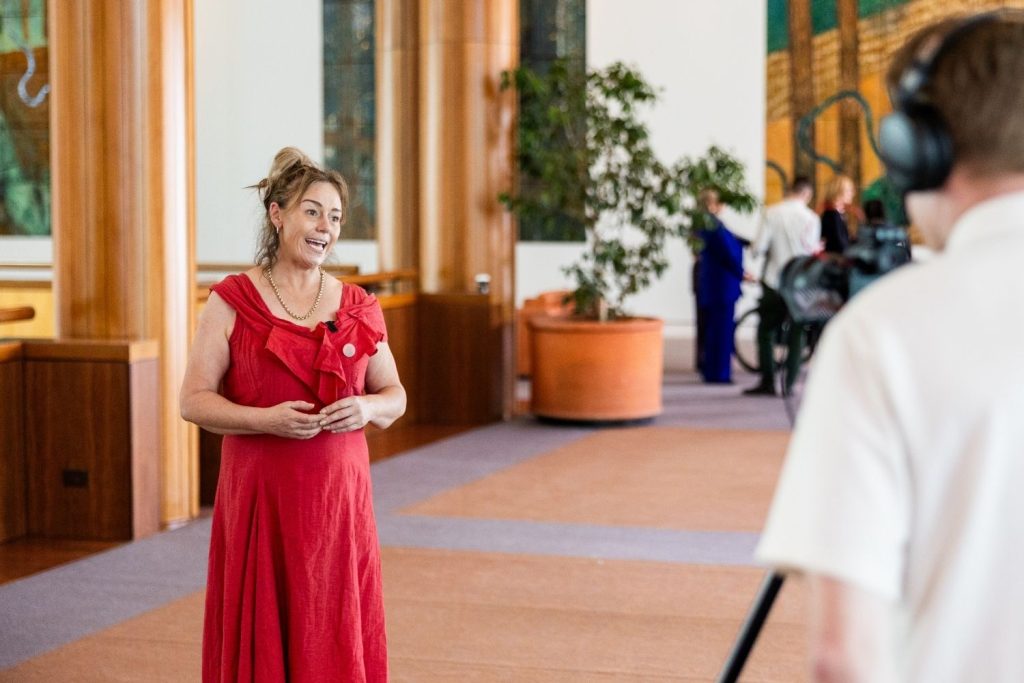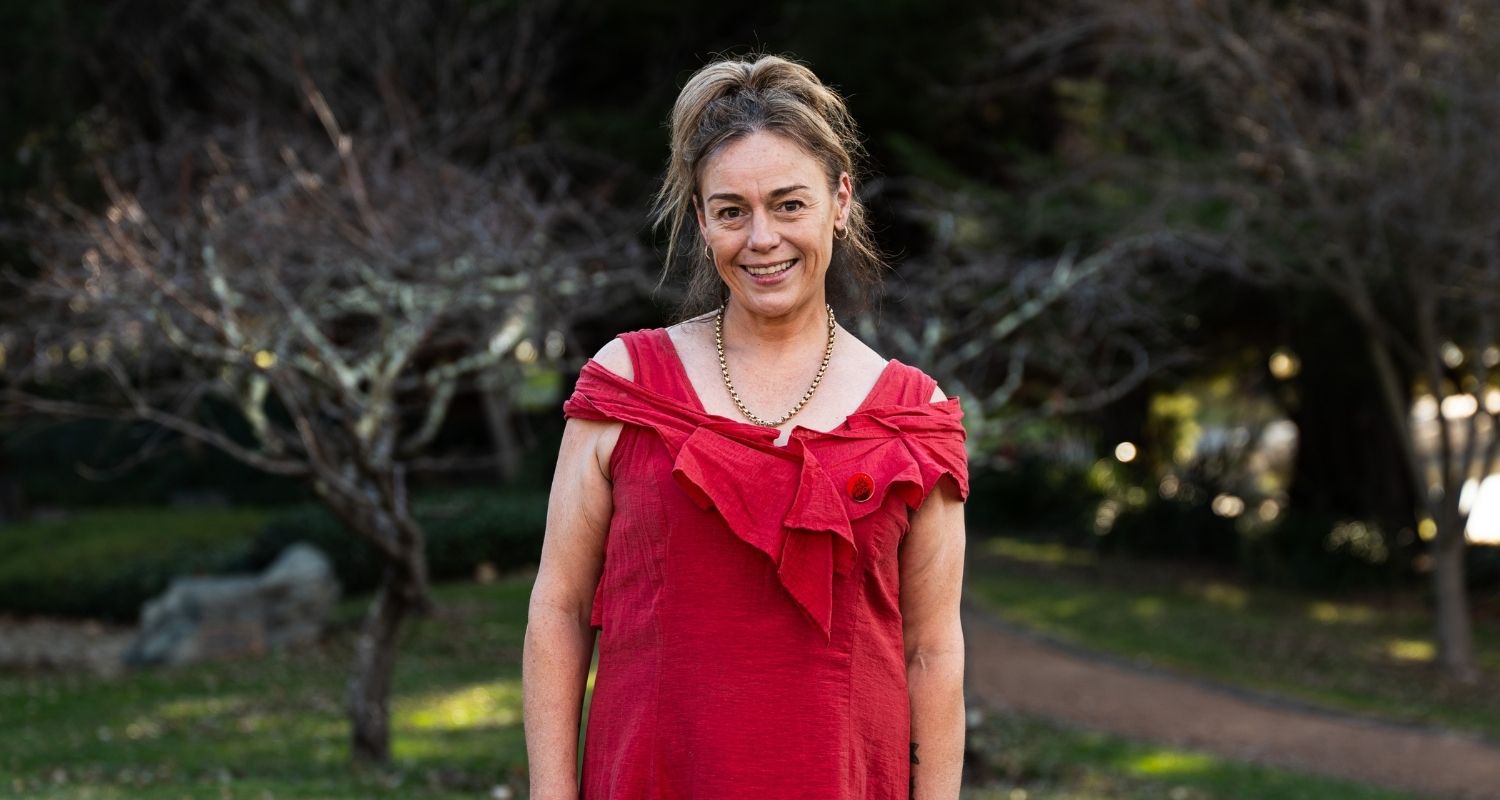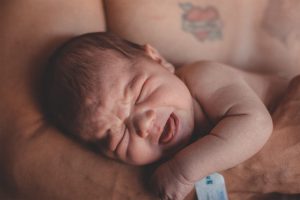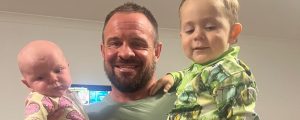As a parent, we all know that feeling when we’re sure our child needs support, but we aren’t getting the help we need.
Whether that is accessing the right healthcare, communicating what your child needs, or – as in my case – finding medical professionals with the right knowledge to help, it can be a challenging process.
I was fortunate enough to have a paediatrician correctly diagnose my son with Fetal Alcohol Spectrum Disorder (FASD), when he was four years old.
Getting to that point was a difficult journey that included misdiagnosis, as well as managing the stigma and shame associated with FASD. But a correct diagnosis was the key to helping my son navigate the world with the unique challenges he faces neurologically.
I want every child with FASD to have that experience, to prevent the trauma, frustration and challenges that so many face when they aren’t diagnosed correctly or are undiagnosed.
I’m dedicating the rest of my life to advocating for people living with FASD, pushing for better funding and support to access the range of therapies and supports they need, as well as advocating for prevention through public health promotion and regulation of the alcohol industry.
Alcohol exposure during pregnancy can happen for many reasons. It’s essential to celebrate the strengths of people with FASD, support families without stigma, and ensure no child goes misdiagnosed or without the help they need.

My son is a great example of the benefits of an early and correct diagnosis. He has not experienced any of the secondary disabilities related to FASD – which is a more common experience when misdiagnosis (or no diagnosis) occurs.
He has a modest NDIS plan, and this has allowed him to access early and ongoing FASD-informed interventions. Now 16 years old, he has had minimal school disruptions, albeit still experiences the challenges that many young people living with FASD and their families experience when navigating the mainstream education system.
Even with correct diagnosis and interventions, the mainstream school system simply could not appropriately support my son with his many symptoms, including sensory symptoms, of FASD.
That’s why it’s crucial to keep raising awareness of FASD as a disability and form of neurodiversity experienced by many Australians – yet still overlooked in government policy and systems. This is in no small part due to stigma directed towards biological mothers, which can hinder the access to diagnosis in the first place. September is International FASD Awareness Month, and every year we take it as an opportunity to really get out there and talk in our community about our experiences, living with FASD in our family. There’s a fun campaign, called Red Shoes Rock, that encourages people to wear red shoes or socks and use them to spark conversation about FASD, building community understanding and awareness. The more people know and understand FASD, its impacts, prevention and support needed, the less children will be misdiagnosed or undiagnosed.
One of the most soul-crushing aspects of my experience was having to speak to so many different health professionals before and after we got the right diagnosis – explaining again and again that my child was exposed to alcohol during pregnancy and feeling the shame and guilt every time.
As my son got older, standing next to me during those conversations, he was taught that his disability was something to be ashamed of, rather than celebrating his unique brain and big strengths. The reality is, no mother wants to be responsible for harm caused to their child – and alcohol exposure is never malicious – but there are so many circumstances that contribute to prenatal alcohol exposure, and many women are left feeling isolated and stigmatised when they need help to support the most precious thing in their lives, their kids.
It’s taken me a long time to reach this point, where I have dedicated myself to advocacy and awareness raising, including sharing my own story and being vulnerable in the face of a community that has very little awareness of FASD. But that’s the role I know I can play, to help improve my son’s future, and it’s something I am proud to do.
Sometimes we need to talk about the challenges faced by people with FASD, so we can better support them to navigate mainstream systems and thrive. But in September, we get to focus on and celebrate the incredible and varied strengths of all individuals living with FASD. I’m asking all Australians to join me, by wearing red shoes, taking to social media to share and spark courageous conversations, and raising awareness of this overwhelmingly invisible and surprisingly prevalent disability in any way I can.
Red Shoes Rock!
To learn more about FASD, visit the Red Shoes Rock website.
The National Organisation for Fetal Alcohol Spectrum Disorders (NOFASD) Australia, the peak body supporting families, offers a helpline (1800 860 613) and online resources.







